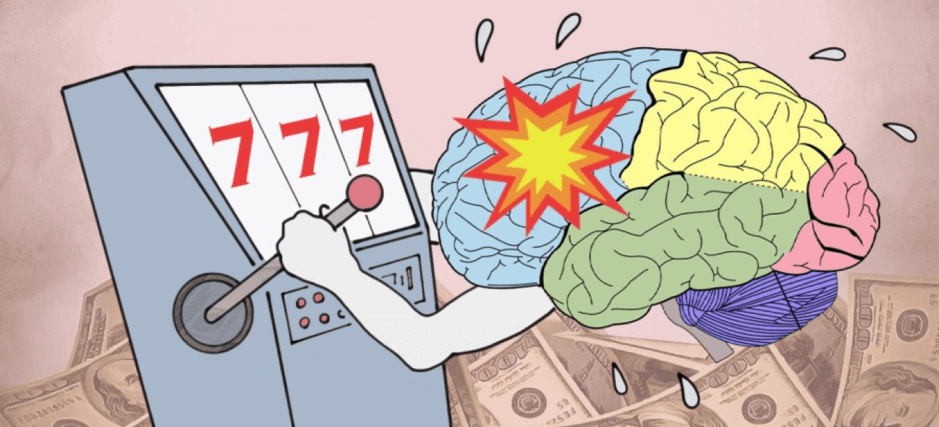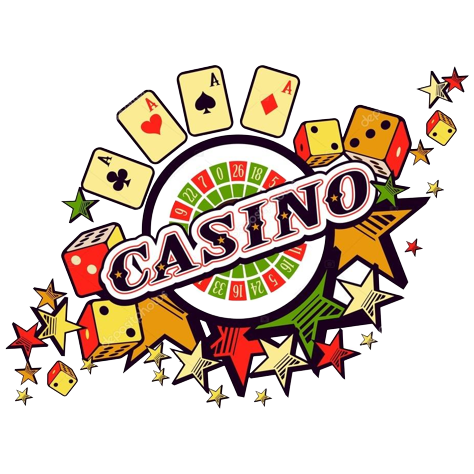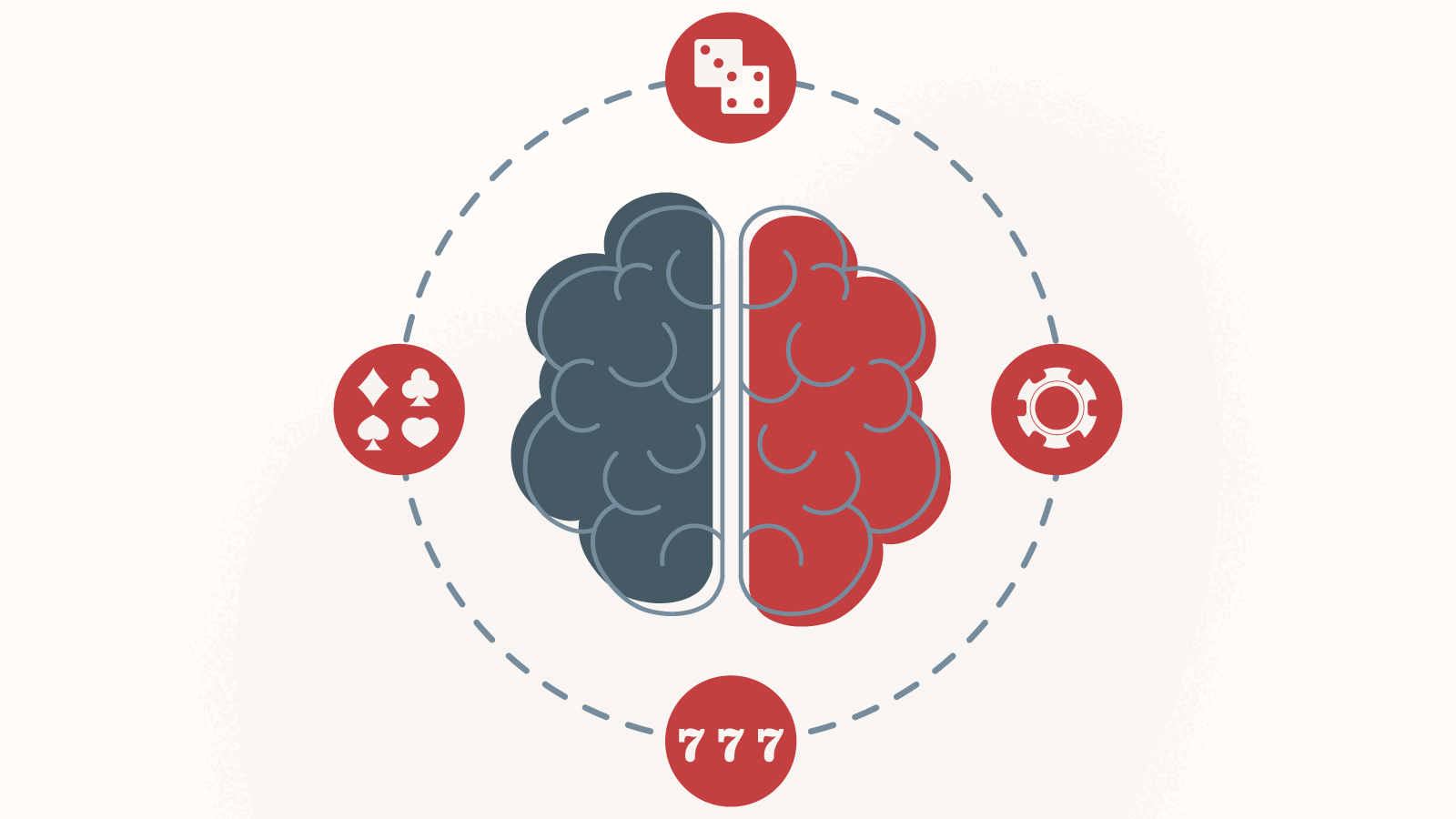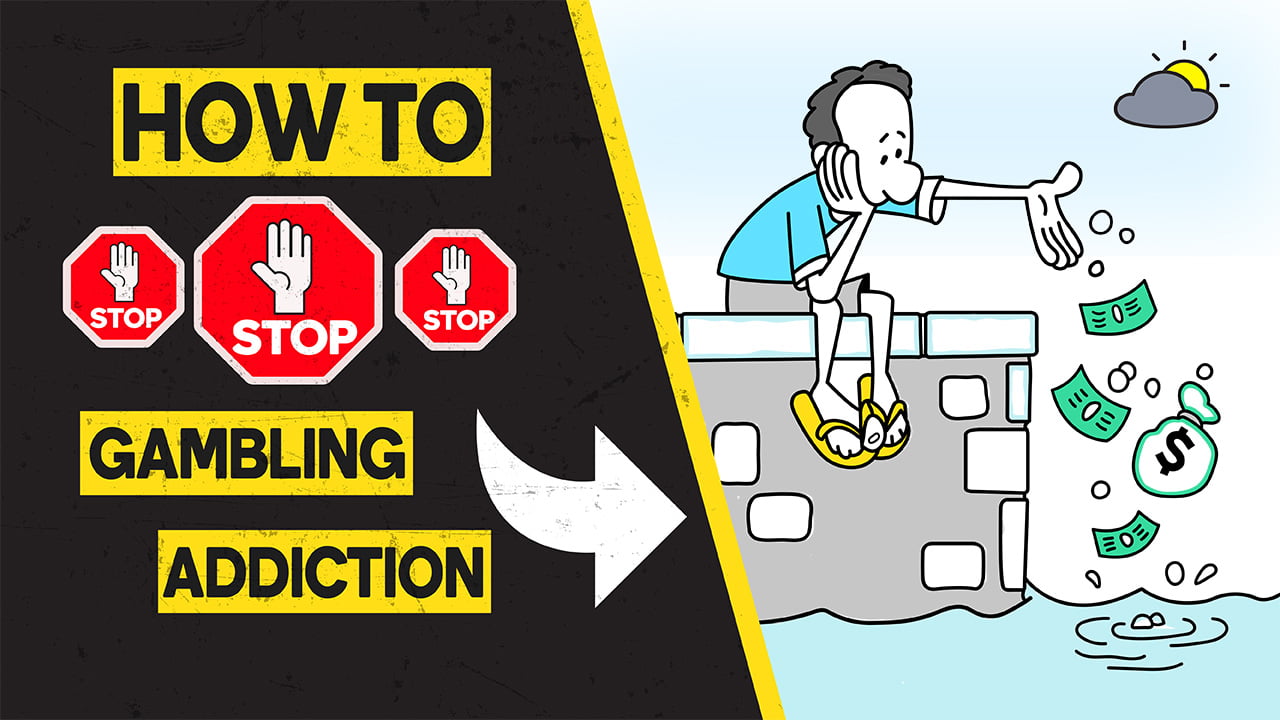This comprehensive article delves into the intriguing question: Does gambling change the brain? We aim to provide you with a detailed understanding of the neurological effects of gambling, shedding light on the subject from a scientific perspective. We aim to present you with valuable insights and knowledge beyond surface-level explanations. So, let’s embark on this intellectual journey to explore the fascinating connection between gambling and the human brain.
The Brain’s Reward System: A Fundamental Concept
To comprehend the impact of gambling on the brain, we must first understand the brain’s reward system. Our brains are wired to seek pleasure and reward, which is governed by releasing neurotransmitters like dopamine. When we experience pleasurable activities, such as eating delicious food or engaging in enjoyable social interactions, dopamine is released, reinforcing the behavior and creating a sense of satisfaction.
Gambling and Dopamine: A Compelling Connection
Gambling, particularly when associated with winning, activates the brain’s reward system, triggering dopamine release. This surge in dopamine can produce intense euphoria and excitement, leading to a pleasurable experience. However, it’s important to note that the brain doesn’t differentiate between naturally rewarding and gambling-induced activities. It simply responds to the dopamine release, creating a reinforcing effect.
The Role of Risk and Uncertainty
One of the key elements that make gambling enticing is risk and uncertainty. Our brains are wired to find novelty and unpredictability intriguing, and gambling capitalizes on these innate tendencies. When engaging in gambling activities, anticipating potential rewards and uncertainty of outcomes activates various brain regions, such as the prefrontal cortex and the limbic system. These areas are responsible for decision-making, emotions, and the regulation of impulses.
Neuroplasticity: The Brain’s Ability to Adapt
The brain is a remarkable organ with an incredible capacity for change and adaptation, known as neuroplasticity. This concept is crucial when exploring the impact of gambling on the brain. Studies have shown that repeated exposure to gambling and the associated rewards can lead to structural and functional alterations in the brain. Over time, the brain adapts to these stimuli by rewiring its neural connections and reinforcing the pathways associated with gambling behavior.

Addiction and the Brain
For some individuals, gambling can become more than a pleasurable pastime. It can develop into a compulsive behavior known as gambling addiction or pathological gambling. This addiction is characterized by an uncontrollable urge to gamble despite negative consequences. From a neurological standpoint, gambling addiction shares similarities with substance addiction. The brain relies on releasing dopamine and other neurotransmitters associated with gambling, leading to a cycle of cravings, reward-seeking behavior, and potential negative outcomes.
The Impact of Gambling on Cognitive Functions
Beyond addiction, gambling can also have an impact on cognitive functions. Excessive gambling and the accompanying stress and financial burden can lead to cognitive impairments such as diminished decision-making abilities, impaired judgment, and reduced impulse control. These cognitive changes can have far-reaching consequences, not only within gambling but also in other areas of an individual’s life.
Seeking Help and Support
If you or someone you know is struggling with gambling addiction, seeking help and support is crucial. Recognizing the signs and symptoms of addiction and reaching out to professionals in the field can be the first step toward recovery. Many organizations and helplines provide resources and guidance for individuals dealing with gambling-related issues. Remember, seeking support is a sign of strength and the path toward regaining control of your life.
Conclusion
In conclusion, gambling impacts the brain, with the brain’s reward system playing a pivotal role. The release of dopamine and the brain’s response to risk and uncertainty contribute to the pleasurable experiences associated with gambling. However, excessive gambling can lead to addiction and cognitive impairments, highlighting the importance of responsible gambling practices. By understanding the science behind gambling’s influence on the brain, we can make informed choices and foster a healthier relationship with this recreational activity.





